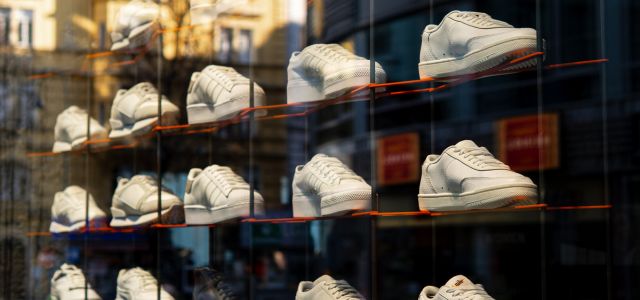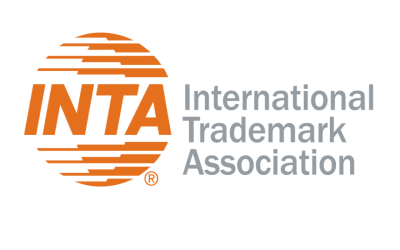In cases involving trademark infringement and the sale of counterfeit products, defendants often choose not to participate in legal proceedings, making it challenging to determine the extent of damages. However, a recent judgment by Justice Prathiba M Singh, the Hon’ble High Court of Delhi addressed this issue in a counterfeit PUMA product case, granting damages based on a Local Commissioner’s report.
The PUMA trademark infringement
The plaintiff initiated a lawsuit against the defendants, accusing them of trademark infringement and passing off. The plaintiff claimed ownership of the renowned PUMA trademark and its iconic leaping cat device. The defendants were found to be selling counterfeit PUMA products, leading to a lawsuit. Since the defendants did not file a written statement, the suit was decreed in favor of the plaintiff.
Assessing damages
Following the court’s decree in favor of the plaintiff, the crucial question was how to assess damages based on the available evidence. This is where the Local Commissioner’s report played a vital role.
The evidentiary value of the Local Commissioner’s Report
The Hon’ble High Court of Delhi relied on a recent judgment (M L Brother LLP v. Mahesh Kumar Bhrualal Tanna [CS(COMM) 126/2022]) and cited Order 26, Rule 10(2) of the Civil Procedure Code (CPC). This rule establishes that the report of the Commissioner and the evidence collected by the Commissioner become part of the suit’s evidence. The court confirmed that the Local Commissioner’s report could be considered as evidence, facilitating the assessment of damages.
The Local Commissioner’s Report
The court turned to the Local Commissioner’s report to determine the damages suffered by the plaintiff due to the defendant’s infringing activities. The report disclosed crucial details, including the defendant’s average weekly sales and the duration of their involvement in the counterfeit business.
Evaluation of damages
The report indicated that the defendants sold an average of 200 pairs of shoes per week, resulting in a weekly revenue of Rs. 40,000 and a monthly revenue of Rs. 1,60,000. The defendants had been involved in the infringing business for two years, resulting in a total revenue of Rs. 38,40,000 from the unauthorized ‘PUMA’ marked shoes. After accounting for expenses, the court found that the defendants had made a profit of approximately Rs. 18 to Rs. 19 lakhs.
Decree of damages
Based on the information in the Local Commissioner’s report, the Hon’ble High Court of Delhi awarded a decree of damages. The court ordered the defendants to pay Rs. 10 lakhs as damages, along with an additional Rs. 2 lakhs in costs.
Conclusion
The recent judgment in this case underscores the significance of reliable evidence, such as the Local Commissioner’s report, in calculating damages in trademark infringement cases. It highlights the court’s ability to use comprehensive reports to determine the financial harm suffered by the plaintiff, ensuring that justice is served in trademark infringement disputes.

Written by Ajay Amitabh Suman
Patent and Trademark Attorney, United & United
You may also like…
INTA files statement in intervention in EU case on the inherent distinctiveness of color combination trademarks
New York, New York—July 24, 2024—The International Trademark Association (INTA) has filed a Statement in...
Bytedance stumbles in Singapore: IPOS rejects TIKI trademark challenge
The social media giant Bytedance, owner of the ubiquitous TikTok platform, recently suffered a setback in Singapore....
TOUR DE FRANCE fails in the third stage against German fitness studio chain
At the end of June, the 111th edition of the Tour de France kicked off. June also saw the end of a dispute between...
Contact us to write for out Newsletter














